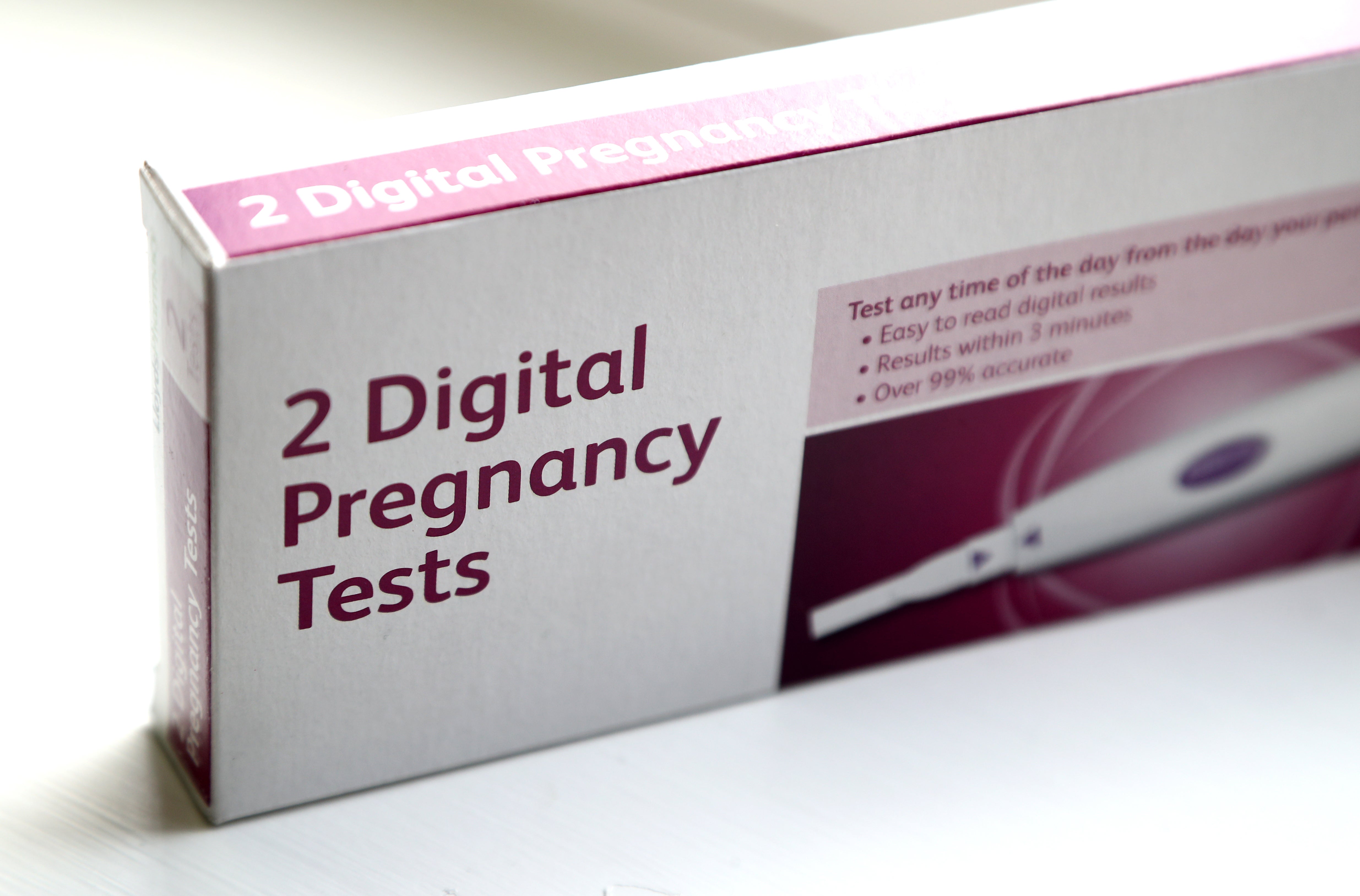Urine tests to track fertility ‘can improve pregnancy chances’
Timing sex during the fertile window boosts the chances of conception, a study says.

Your support helps us to tell the story
From reproductive rights to climate change to Big Tech, The Independent is on the ground when the story is developing. Whether it's investigating the financials of Elon Musk's pro-Trump PAC or producing our latest documentary, 'The A Word', which shines a light on the American women fighting for reproductive rights, we know how important it is to parse out the facts from the messaging.
At such a critical moment in US history, we need reporters on the ground. Your donation allows us to keep sending journalists to speak to both sides of the story.
The Independent is trusted by Americans across the entire political spectrum. And unlike many other quality news outlets, we choose not to lock Americans out of our reporting and analysis with paywalls. We believe quality journalism should be available to everyone, paid for by those who can afford it.
Your support makes all the difference.Couples who use urine tests to track fertility are more likely to get pregnant, new research suggests.
An updated review from Cochrane experts found that pinpointing the fertile window using urine monitors specifically – and then timing sex for those days – could boost the chances of falling pregnant.
However, researchers said there was a lack of evidence for other ways of tracking fertility, such as taking temperature and monitoring cervical discharge, cramps and period dates.
These methods are commonly used by fertility apps, which have been downloaded by millions of women around the world.
The new study, which has not yet been peer-reviewed in a medical journal, is being presented by Dr Tatjana Gibbons, from the University of Oxford, at the European Society of Human Reproduction and Embryology conference in Milan.
She said: “This update suggests a benefit of timed intercourse using urinary ovulation detection.”
However, she said more evidence is needed before the practice could be promoted, especially for couples who have been trying to conceive for a long time.
For the analysis, researchers looked at things such as digital apps linked to urine monitors, urine stick tests to measure fertility hormones and other methods such as taking temperature.
Six studies involving 2,374 women in total were included. All the women were attempting to conceive naturally.
The studies suggested that those couples who time sex for their fertile days had a 20% to 28% chance of falling pregnant, compared with 18% for those having sex as and when they pleased.
Overall, the experts concluded that more evidence is needed, though they suggested a clear benefit for women who have been trying for a baby for less than 12 months.
A separate study from IVI global fertility clinics, presented at the same conference, suggested that older fathers may be more likely to conceive boys than those under 30.